Our visiting bird ringers struck gold recently when one of the birds they ringed, a Red-backed Shrike bearing the ring number BF22756, was found 7000 kilometers away in Egypt. Red-backed Shrikes breeds across Eurasia but spend the northern winter in the southern African sub region.
Bird Ringing November 2023
During November 2023, the Research Camp and umKhaya Cottage were taken over by an international team of bird ringers. Over a 3-week period they caught and processed 470 birds, representing 80 different species – ranging in size from Blue Waxbills (weighing in at around 10g) to Southern Yellow-billed Hornbills (250g plus).
Bird ringing is an important scientific tool which tells us a great deal about the health, survival and mobility of the bird population. Ringing data is used by scientists in population models to inform the conservation of our wild birds. All ringing projects are carried under a strict permit system; in this case, permits were issued by Safring https://safring.birdmap.africa/ and Ezemvelo KZN Wildlife http://www.kznwildlife.com/. All bird ringers are highly trained to ensure that that the birds they handle are not harmed in any way, while assistants and less experienced handlers are very closely supervised. After processing, birds are released back to the wild. The highlight of this latest ringing session at White Elephant was the recapture of an African Scops Owl (Otus senegalensis), ringed by the late Dr. Barry Taylor in 2014 in more or less the same place that it was originally caught. This recapture extends the longevity record for O. senegalensis by almost one year (the previous record being held by an individual caught, ringed and locally recaptured in Namibia).
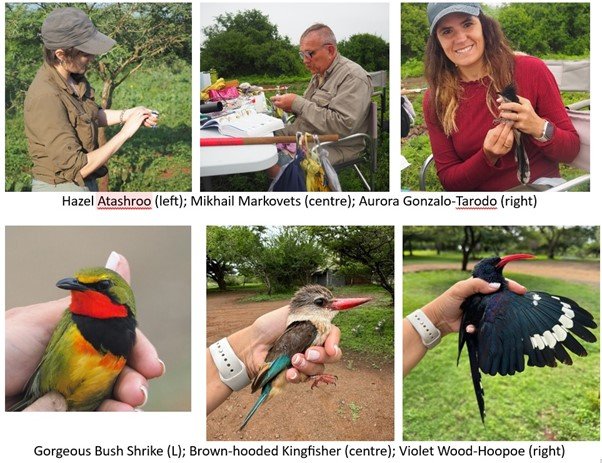
Further Reading
One of the reasons that the Black Rhino Range Expansion Project (BRREP), an initiative of Ezemvelo KZN Wildlife and WWF, has been such a success is the fact that the genes of the rhinos are spread across the entire population. As such, it was time for our territorial bull, Nesibindi, to spread his genes at another BRREP site.
For #WorldRhinoDay2025, we’re sharing the story of one very special rhino on our reserve.


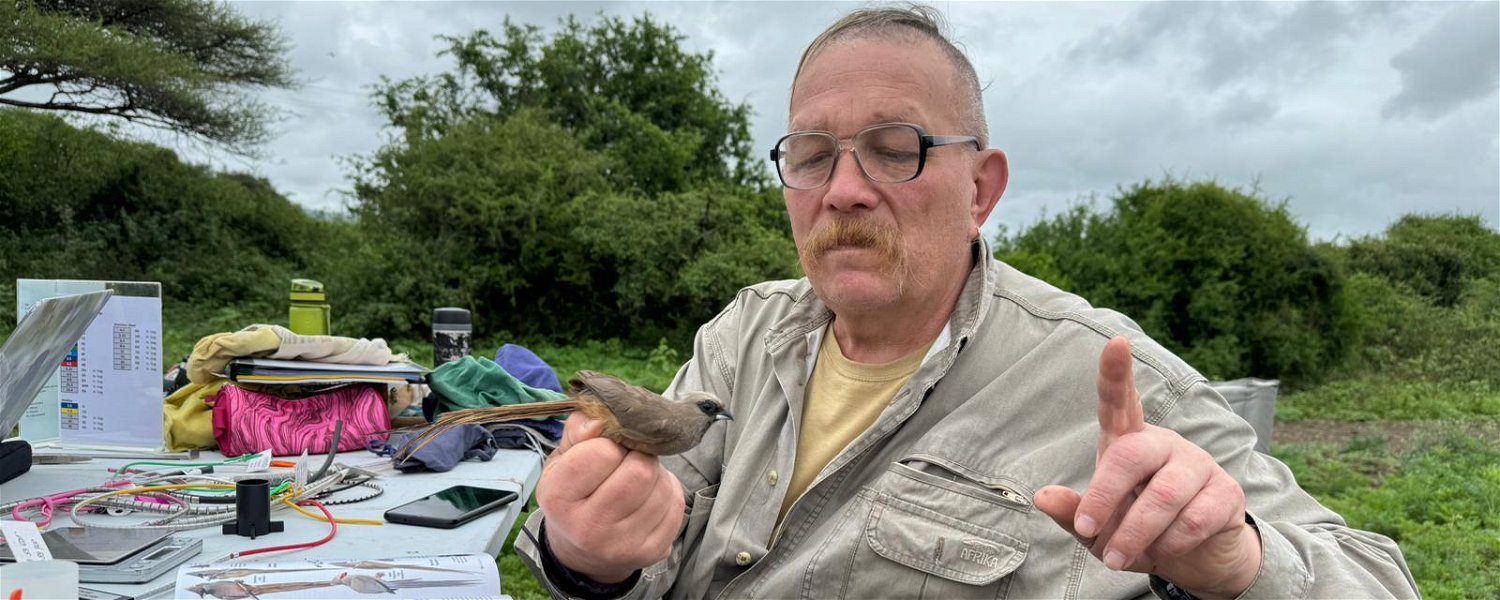
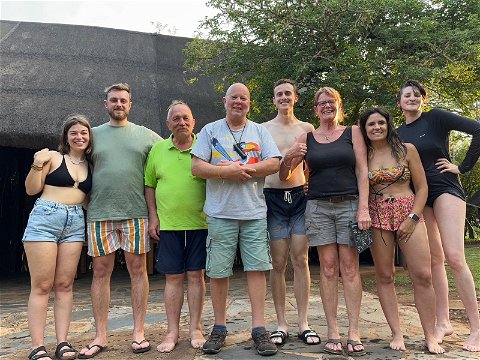
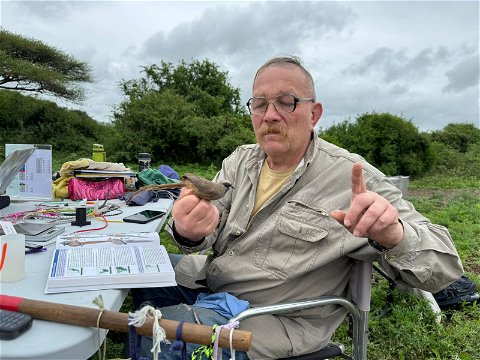
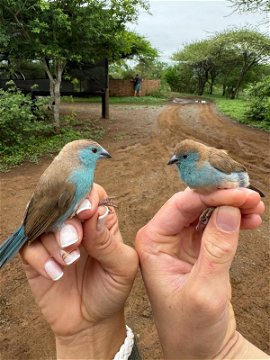
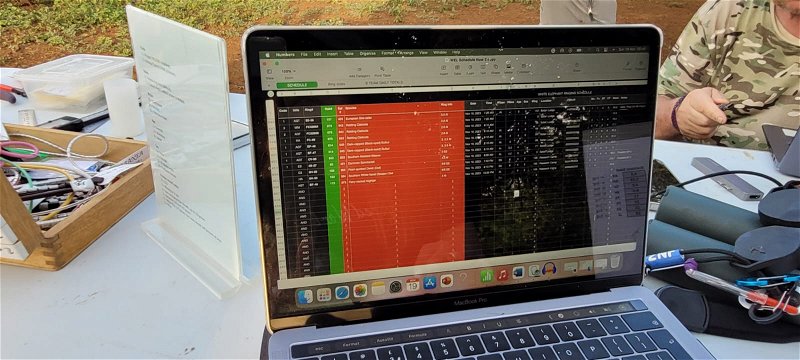
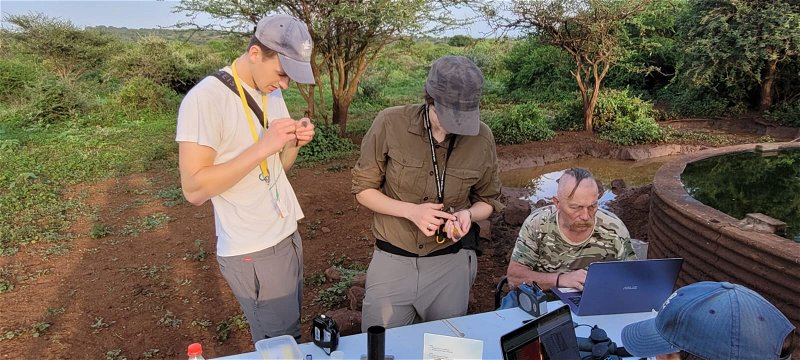
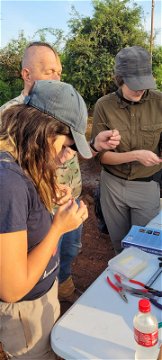
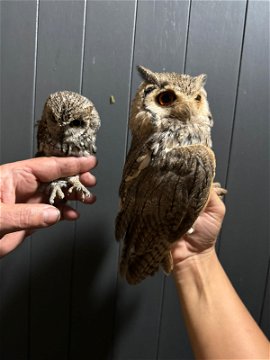
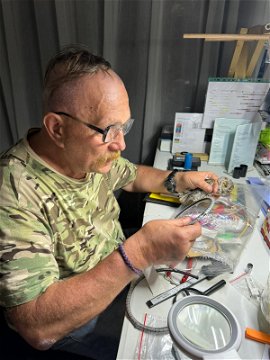
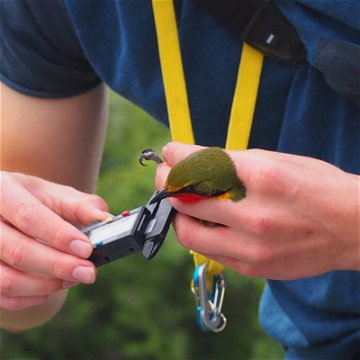
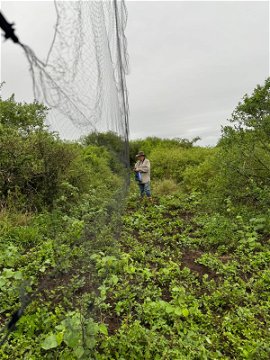
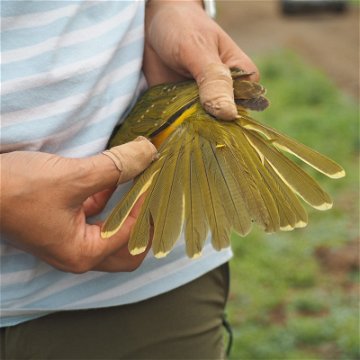
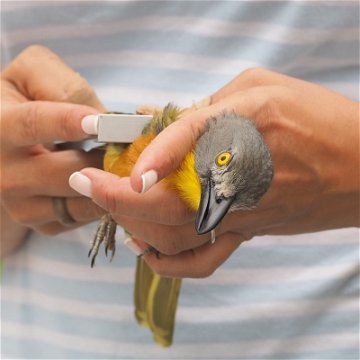
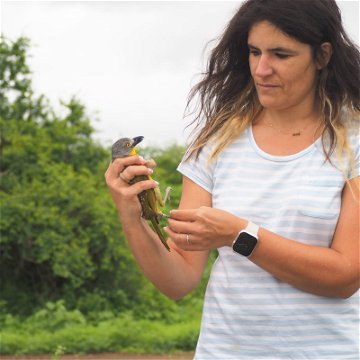
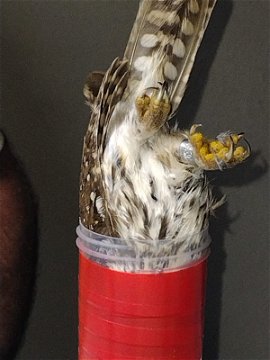
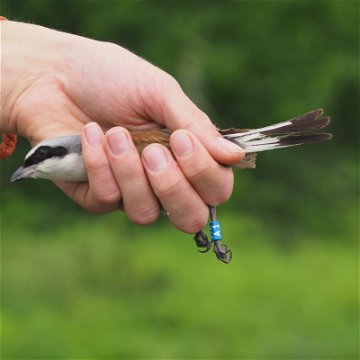
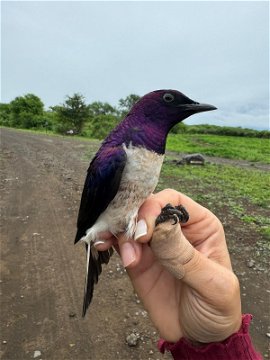
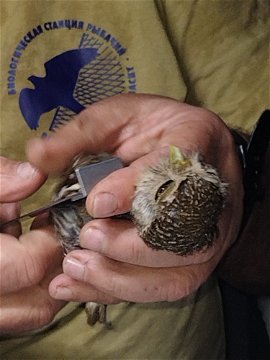
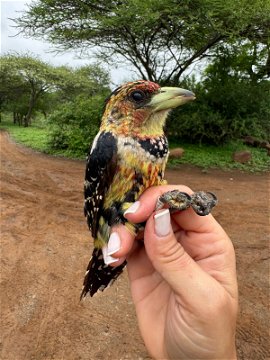
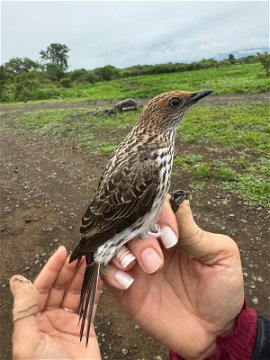
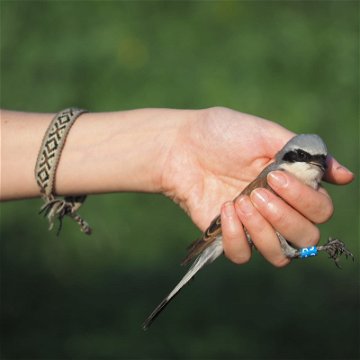
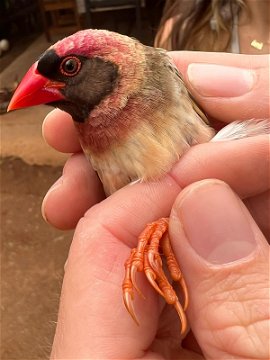
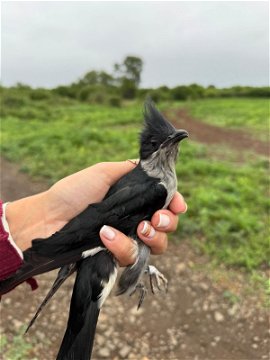
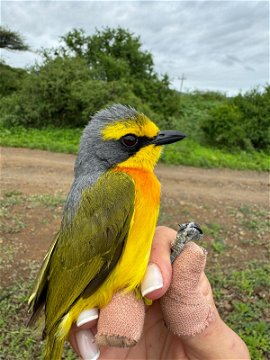
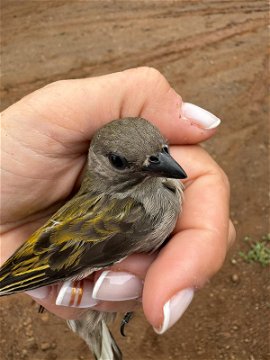
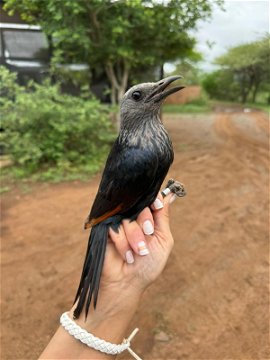
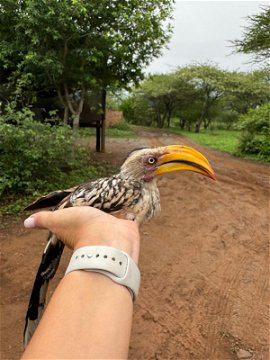
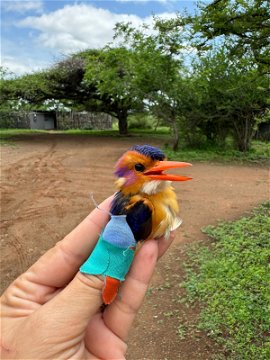
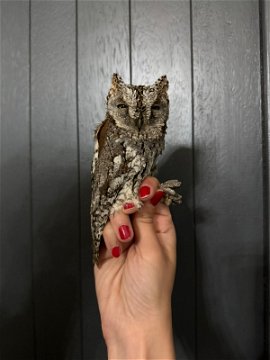
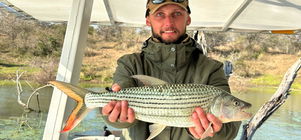
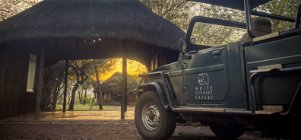
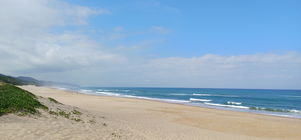
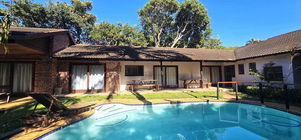
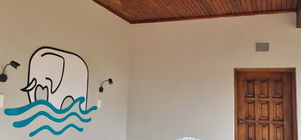
Share This Post